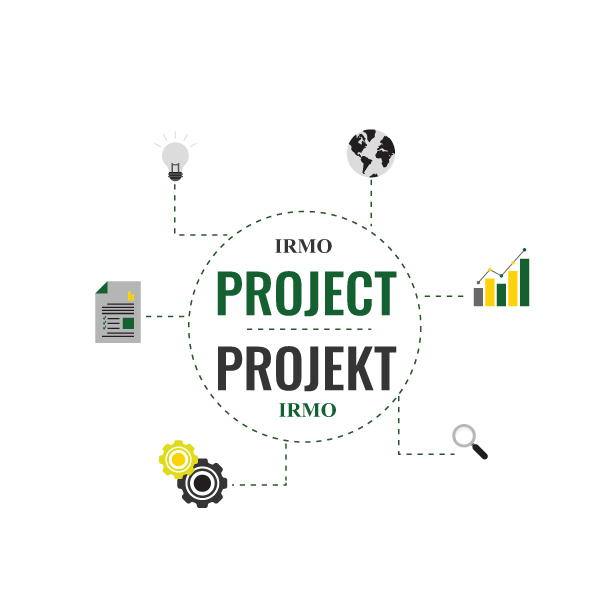Project duration: 2007 – 2013
Team leader: Vladimir Biti, PhD, Faculty of Philosophy, University of Rijeka
Project Description
In the work of the founders of sociology, nation appears mostly as marginal, if not repressed subject. As the rise of the modernist world-view had been enabled by the processes of rationalization and disenchantment, in its course the Romantic concept of nation was treated almost as an embarrassing atavism. Yet, in recent decades which witnessed severe political, ideological and theoretical upheavals, such a framework itself was disenchanted and dismantled as a discriminative pattern with a number of traumatic consequences.
After the decolonization and dissolution of multinational state communities had taken place, the problem of national identity dramatically reappeared on the historical, intellectual and academic scene demanding for a new frame of its conceptualization. From the 19th century onwards, identity was coupled with the principle of self-determination: it ceased to be a given, inherited along the genealogical, racial or territorial lineaments, instead becoming a task to be historically fulfilled through language, literature and culture.
Each nation, in seeking to eventually take into cognizance its identity, constituted itself progressively through political, religious, scientific, literary, musical, artistic and theatrical representations. However, what was thereby treated as the past of a community worth of uptaking, ultimately depended on the consensus of its actual members. As it rests on the necessary asymmetry of power, this consensus is based on exclusions. Inasmuch as one cannot represent anything without applying a pattern of values to it, there is no representation without discrimination.
The goal of this project is to examine how these patterns of national values are constituted, reproduced, authorized and canonized but at the same time reflected, contested, subverted and changed; which kind of practices, works, genres, institutions, identities and subjects take part in these processes; how the power hierarchy among them is shaped and reshaped within the cultural and political fields. Various synchronic and diachronic cuts into these fields are expected to disclose the procedures of national identity formation as well as their dynamic and conflicting interplay with the ways in which the gender, class, race, religious and cultural identities are shaped. The envisaged research gains its importance especially within the context of the growing “national responses” to the seemingly in-different process of globalization.
Project Collaborators:
-
- Zrinka Božić-Blanuša, M.A.
- Dalibor Davidović, PhD
- Nikša Gligo, PhD
- Nenad Ivić, PhD
- Aleksandar Mijatović, B.A.
- Eva Sedak, PhD
- Marija Španjić, B.A.

